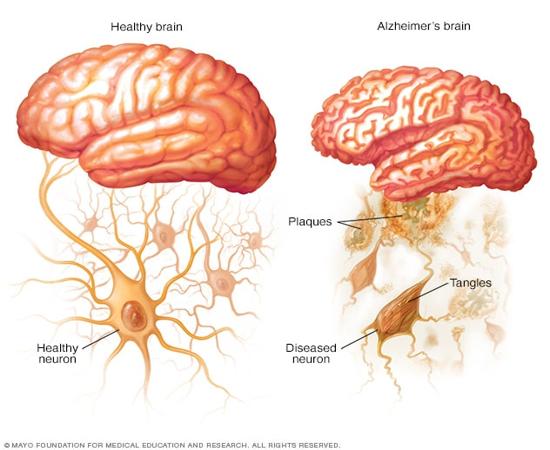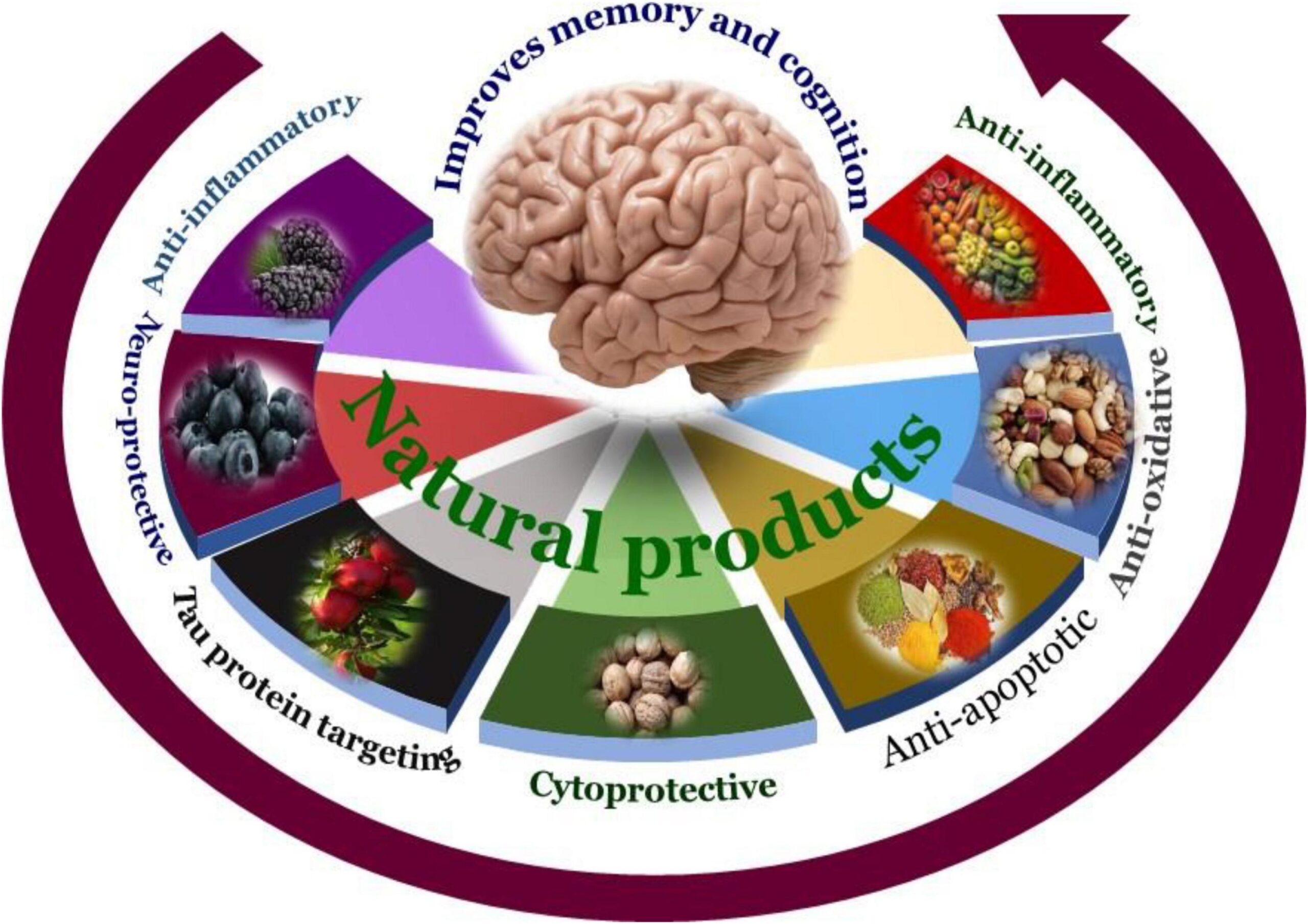Understanding the Impact of Alzheimer’s Dementia on Brain Health
When it comes to brain health and alzheimer‘s disease, understanding the impact of this condition on the brain is crucial. Alzheimer’s dementia is a progressive neurological disorder that affects memory, thinking, and behavior. It not only impacts the individual diagnosed with the disease but also takes a toll on their loved ones and caregivers.
The Benefits of Brain Health in Alzheimer’s Dementia
Ensuring optimal brain health is essential for individuals living with Alzheimer’s disease. It can help in slowing down the progression of the disease and improving the overall quality of life. By focusing on brain health, individuals can potentially delay the onset of severe symptoms and maintain cognitive function for a longer period.
Exploring the Relationship Between brain health and alzheimer‘s
Alzheimer’s disease affects the brain by causing the formation of plaques and tangles, which disrupt communication between nerve cells and eventually lead to cell death. This process results in the gradual deterioration of cognitive abilities and memory. Understanding how Alzheimer’s impacts the brain can shed light on the importance of proactive measures to support brain health.
Frequently Asked Questions about Alzheimer’s Dementia and Brain Health
1. How does Alzheimer’s disease affect the brain?
Alzheimer’s disease leads to the accumulation of abnormal deposits of proteins in the brain, disrupting communication between nerve cells and causing nerve cell death.
2. What are the common effects of dementia on the brain?
Dementia can result in memory loss, cognitive decline, changes in behavior, and difficulties with language and reasoning due to brain cell damage.
3. How can brain health interventions benefit individuals with Alzheimer’s?
Interventions such as cognitive stimulation, physical exercise, social engagement, and a healthy diet can support brain health and potentially slow down cognitive decline in individuals with Alzheimer’s disease.
4. Is there a link between brain health and dementia risk?
Maintaining good brain health through lifestyle choices like regular physical activity, mental stimulation, and a balanced diet can reduce the risk of developing dementia later in life.
5. How can caregivers support the brain health of individuals with Alzheimer’s?
Family caregivers can promote brain health in individuals with Alzheimer’s by encouraging mental and social activities, providing emotional support, and ensuring a safe and stimulating environment.
Conclusion
Alzheimer’s dementia has a profound impact on brain health, highlighting the importance of proactive measures to support cognitive function and overall well-being. By understanding the relationship between alzheimer’s and brain health, individuals can take steps to promote cognitive resilience and enhance quality of life in the face of this challenging disease.


